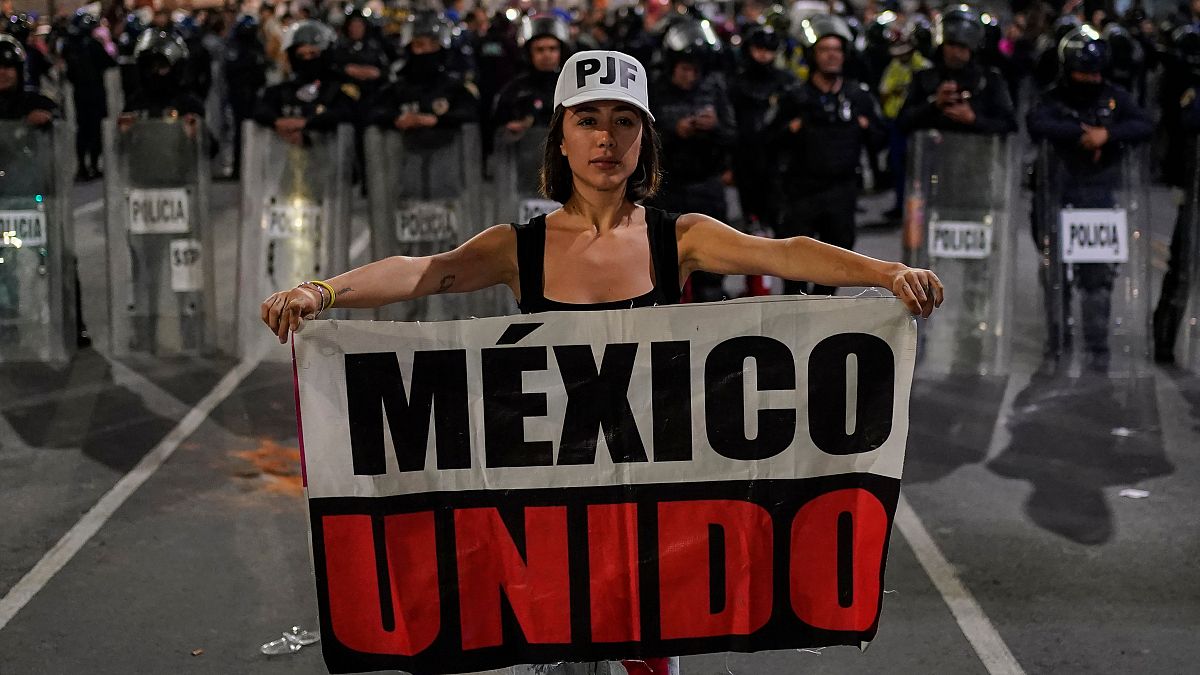The reform in Mexico’s judiciary system, voted by the Senate early Wednesday, is seen as a major change that will require all judges to stand for election. This controversial constitutional revision has raised concerns among critics and observers who fear it could compromise judicial independence and weaken the system of checks and balances in the country. Despite these concerns, the reform has been pushed forward as a way to address issues of corruption and inefficiency within the judiciary.
The decision to make all judges stand for election is a significant departure from the current system in Mexico, where most judges are appointed through a rigorous selection process. Proponents of the reform argue that making judges accountable to the electorate will increase transparency and accountability in the judiciary. However, critics argue that this could lead to political interference in the judicial process and erode the impartiality of the courts.
The reform is part of a broader effort by the Mexican government to combat corruption and improve the rule of law in the country. President Andrés Manuel López Obrador, who has made fighting corruption a cornerstone of his administration, has been a vocal supporter of the reform. The president has argued that making judges accountable to the people will help root out corruption and ensure that justice is served fairly.
Despite the government’s efforts to frame the reform as a positive step towards strengthening democracy and the rule of law, many remain skeptical of its implications. Critics worry that the reform could be used by politicians to manipulate the judiciary for their own interests, undermining the independence of the courts. They also fear that the electoral process could make judges more susceptible to pressure from special interests, compromising the integrity of the judicial system.
The debate over the judiciary reform in Mexico highlights the delicate balance between democracy and the rule of law. While the government argues that making judges accountable to the electorate will enhance transparency and accountability, critics warn that it could compromise the independence and impartiality of the judiciary. As the reform moves forward, it will be crucial for all stakeholders to closely monitor its implementation and ensure that it upholds the principles of justice, fairness, and the rule of law.
In conclusion, the overhaul of Mexico’s judiciary system, which will require all judges to stand for election, has sparked a heated debate about the future of the country’s judicial independence and the rule of law. While proponents see it as a necessary step to combat corruption and increase accountability, critics fear that it could lead to political interference and compromise the integrity of the courts. As the reform is implemented, it will be essential for all parties to closely monitor its effects and ensure that it upholds the principles of justice and fairness in Mexico.










